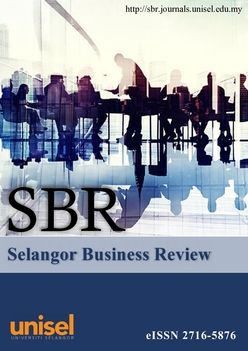Investigating risk factors and satisfaction on the intention of tourists to recommend for halal tourism in Malaysia
Abstract
Tourism identifies the rising interest in halal perspectives hence, many Muslim and non-Muslim countries are set to capture the tourists’ market by providing tourism products and services to cater to their needs. Besides, the achievement of emerging and marketing halal tourism destinations among tourists must be guided by adopting Islamic principles and beliefs in all aspects of halal tourism activities. Therefore, the present study investigates the risk factors that affect tourists’ satisfaction with halal tourism in Malaysia. Data were collected from 463 tourists by distributing questionnaires using a quantitative and simple random sampling technique. A robust structural model was developed, and a two-step analytical approach was used to test the construct measurement and the proposed structural models. Statistical Package for Social Science (SPSS) software and Partial Least Square Structural Equation Modelling (PLS-SEM) was used to analyse the data. The findings reveal that risk factors have a significant relationship with tourists’ satisfaction and their intention to recommend Malaysia for tourism. Concerning Islamic tourism, the study contributes to a better understanding of tourist satisfaction in Malaysia and the reasons the country become their recommended Islamic tourism destination. Attention given to the availability of halal products and services in the countries is then considered, which can be a tool in tourism promotion to Malaysia.





 3,026
3,026 2,412
2,412 1,466
1,466